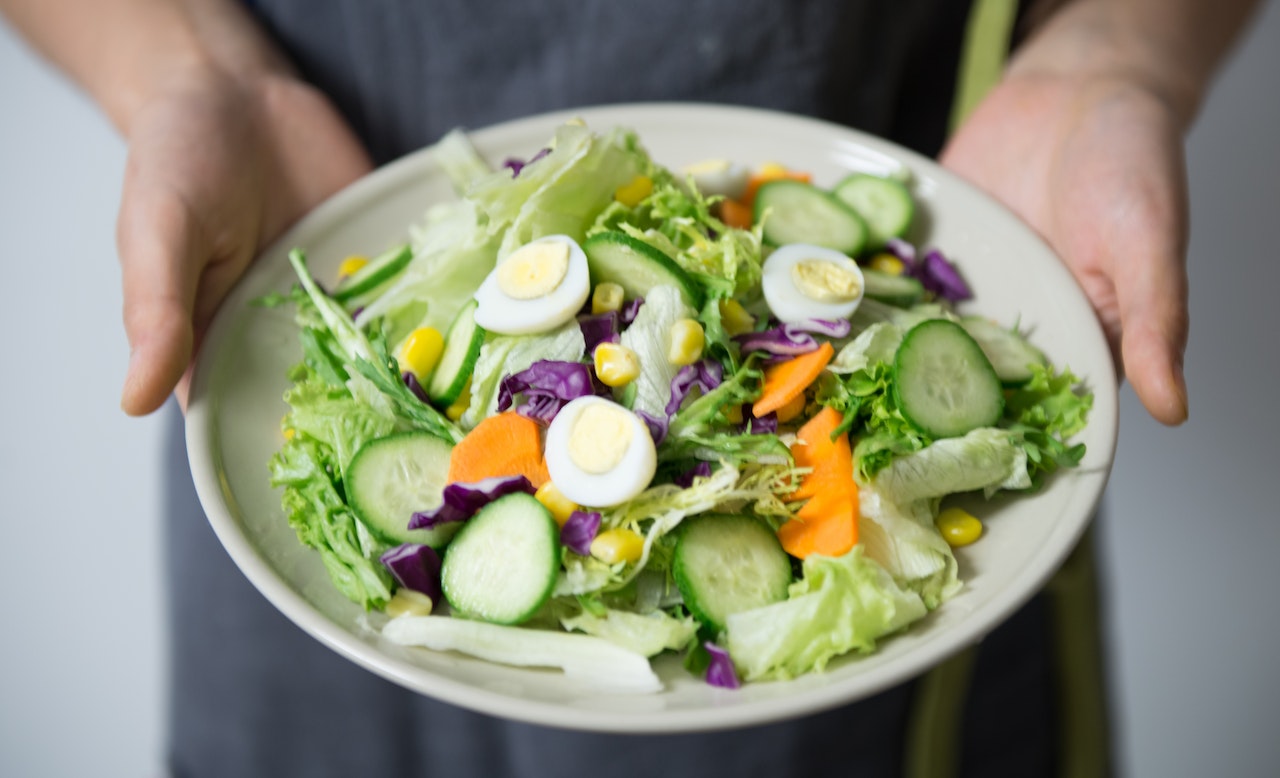Menu
- Home
- About Us
- Diagnostics
- Doctors
- Services
- Women Care
- Pregnancy Care and Post-natal Care
- Blood Test and Ultrasound
- Gynaecological Surgeries
- IVF Treatment
- Fertility Care
- In-Patient Treatment
- Adolescent Gynaecology
- Antenatal Classes and Lamaze Workshops
- Caesarean Delivery
- Corporate Women Health Programme
- Urinary Incontinence Treatment
- Contraception And Family Planning
- Pre Wedding / Pre Pregnancy Counseling
- Gynaecological Cancer Screening
- Preconceptions Counselling
- Hymenoplasty Surgery
- Adenomyosis Surgery
- Gynae Cosmetic Surgery
- Skin Care
- Classes
- Blogs
- Contact Us

